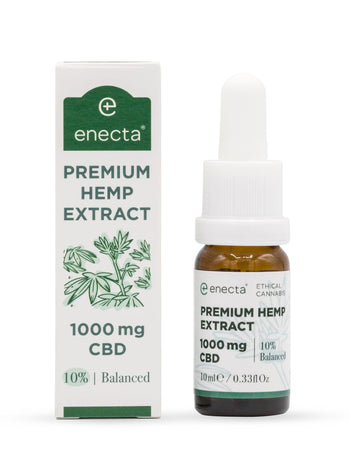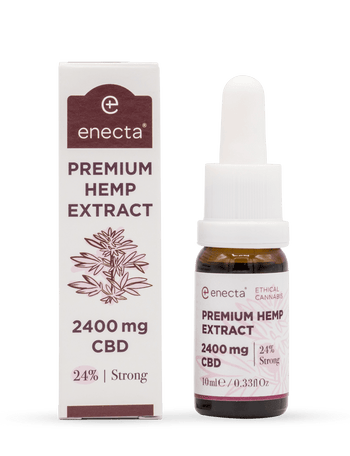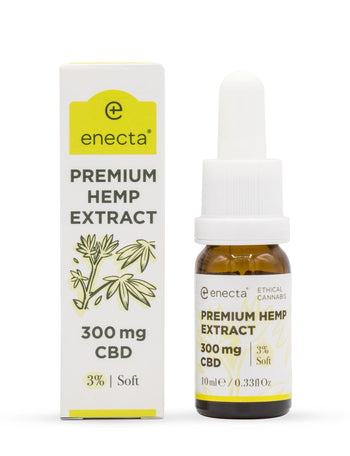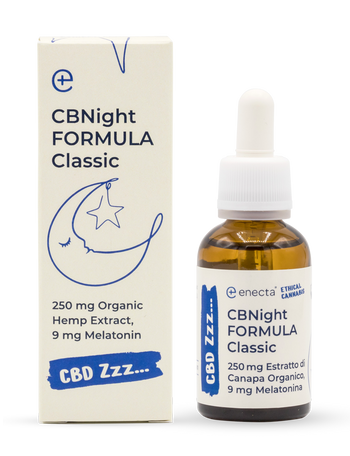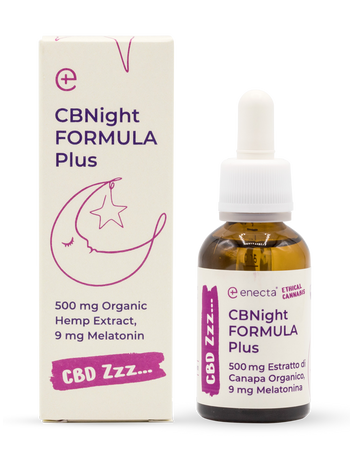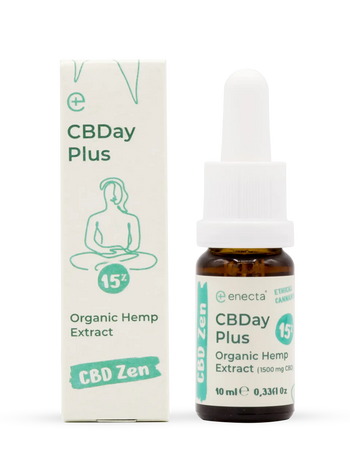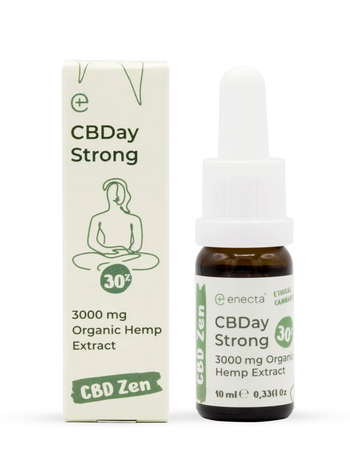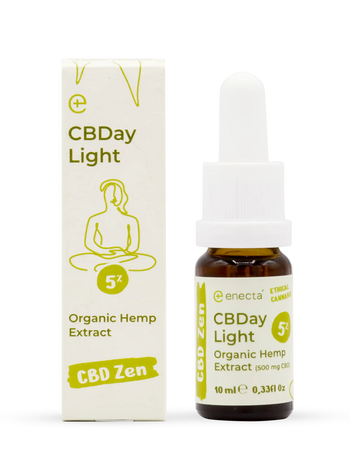If you harvest and dry the flowers of the cannabis plant, you are left with one of the most common recreational and medicinal drugs in the world. It is referred to as pot, weed, cannabis, or more commonly, marijuana. There’s a lot of stigma surrounding cannabis due to people associating it primarily with its psychoactive properties and the high it produces.
Cannabis is normally ingested because the user wants to take advantage of the CBD or THC content it contains. THC can make you feel relaxed, calm, and worry-free. It’s also prescribed in certain states as a potent medicine that can help with a range of issues. Like chronic pain, inflammation, nerve damage, glaucoma, and poor appetite.
Though cannabis is a natural substance, it still has extremely strong effects, which can make you feel great, and under certain circumstances, it can do the opposite.
What are the components of cannabis?
While cannabis is made up of more than 120 components, otherwise known as cannabinoids, two of them are the most understood and well-known compared to the rest. Cannabidiol (CBD) and tetrahydrocannabinol (THC). Each of these cannabinoids has its effects and specific uses.
This cannabinoid is considered to be non-psychoactive. It won’t make you feel intoxicated after using it, and it is non-euphoric, unlike THC. All this means is that CBD won’t make you feel high. Some of the most common uses for cannabidiol is for mitigating symptoms of inflammation and pain, it can also help with other health issues such as:
- Reducing anxiety
- Reducing depression
- Reducing stress
- Combats insomnia depending on dosage
- Promotes energy depending on dosage
- Fights nausea
- Helps with migraines and headaches
- Promotes appetite
- Combats acne and other skin issues, like psoriasis and eczema
- Controls seizures
CBD products can be found in many different forms. Like oils, tinctures, edibles, vape products, crystals, capsules, and even cosmetic products.
THC is the main psychoactive compound found in cannabis. It is responsible for the high that most people associate with the plant. It will make you feel intoxicated, euphoric and can impair your judgment or motor skills. THC also offers medical benefits, similar to cannabidiol. Some of the benefits include:
- Reducing nausea and vomiting
- Reducing chronic pain
- Reducing inflammation
- Serves as an appetite stimulant (great for people with eating disorders, cancer, and cachexia)
- Antispasmodic properties
- Muscle relaxant properties
- Decrease anxiety
- Fights depression
You can also find a wide variety of THC products. Such as flowers, edibles, vape products, oils, and tinctures, etc.
They also have cannabis products available that contain only CBD, only THC, or a combination of the two. The dried flowers of the cannabis plant contain both cannabinoids, although certain strains will have higher levels of one or the other.
What are the short-term effects of cannabis use?
The short-term effects of using cannabis can be enjoyable, but at times can also be concerning or unwanted. Some of the positive short-term effects include:
- Focus and creativity
- Altered perception of time
- Altered perception of your surroundings, such as sights and sounds
- Euphoria
- Relaxation and comfort
- Decreased stress and anxiety levels
Cannabis use can end up being problematic for certain users, such as people who rarely or have never used it before. Some of the more unwanted effects of using cannabis include:
- Poor coordination
- Lethargy
- Nausea
- Anxiety
- Paranoia
- Increased heart rate
- Decreased blood pressure
- Feeling faint
- Sweating
- A general feeling of uneasiness
The short-term effects of cannabis use will also vary depending on your method of ingestion. Smoking cannabis results in feeling the effects quickly and can come on strong for some users. Eating it via edibles can take hours before you feel anything since it has to be digested first.
What are some of the long-term effects of cannabis use?
Experts are still researching the long-term effects of cannabis use, and there is a lot of conflicting information on this topic. We need more large, long-term studies on humans to fully understand the lasting effects on a person, but there are a few things that are believed to be common issues associated with using cannabis for long periods.
- It’s suggested that using cannabis in your teen years and continuing to do so through adulthood results in memory and learning problems. It is unclear if these effects are permanent, but they are looked at as a long-term effect of frequent cannabis use.
- Another long-term issue associated with cannabis use is respiratory problems. This only goes for users who chose to inhale cannabis smoke. Smoking anything can cause irritation and inflammation of your airways. Cannabis is also associated with bronchitis and may be a risk factor for chronic obstructive pulmonary disease, or COPD.
- Dependance also becomes an issue after the prolonged use of cannabis. Studies suggest that people who begin using cannabis before 18 years of age are more likely to develop cannabis use disorder compared to others who begin using it later on in life. Symptoms of dependence include irritability, decreased appetite, and mood swings.
If you are curious about trying cannabis for medicinal purposes, a good place to start is checking to see if it’s legal in your area. If it is, do some research on products that you may want to try.
It’s also important to speak with your doctor beforehand to make sure it won’t interact with any medications or supplements you are currently taking. Your doctor can also share useful information with you regarding the pros and cons that cannabis use can have on your health.
































